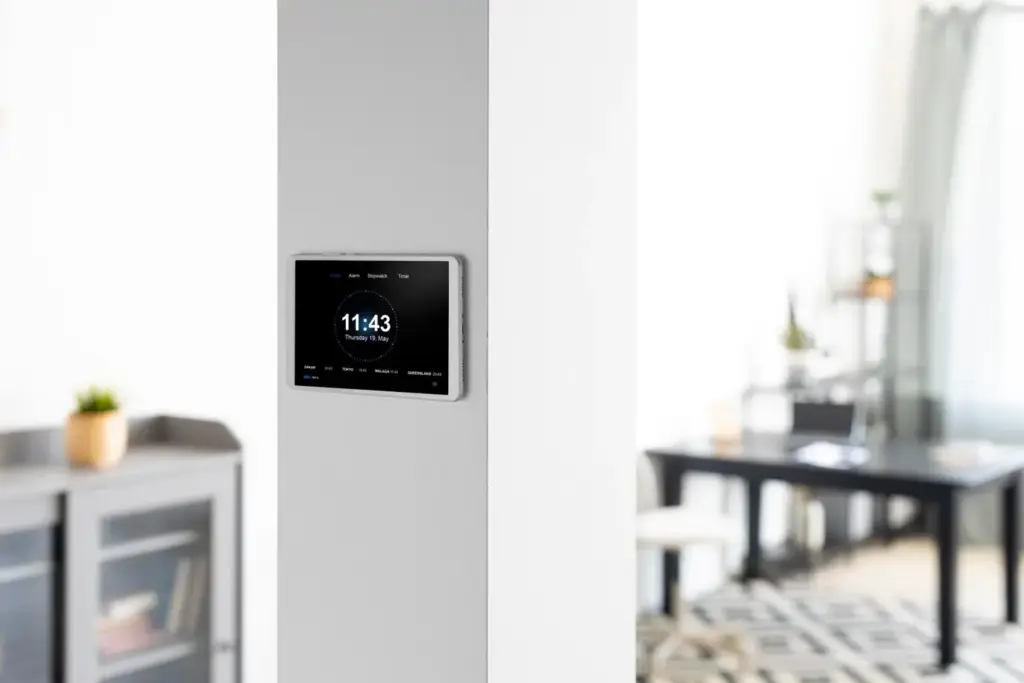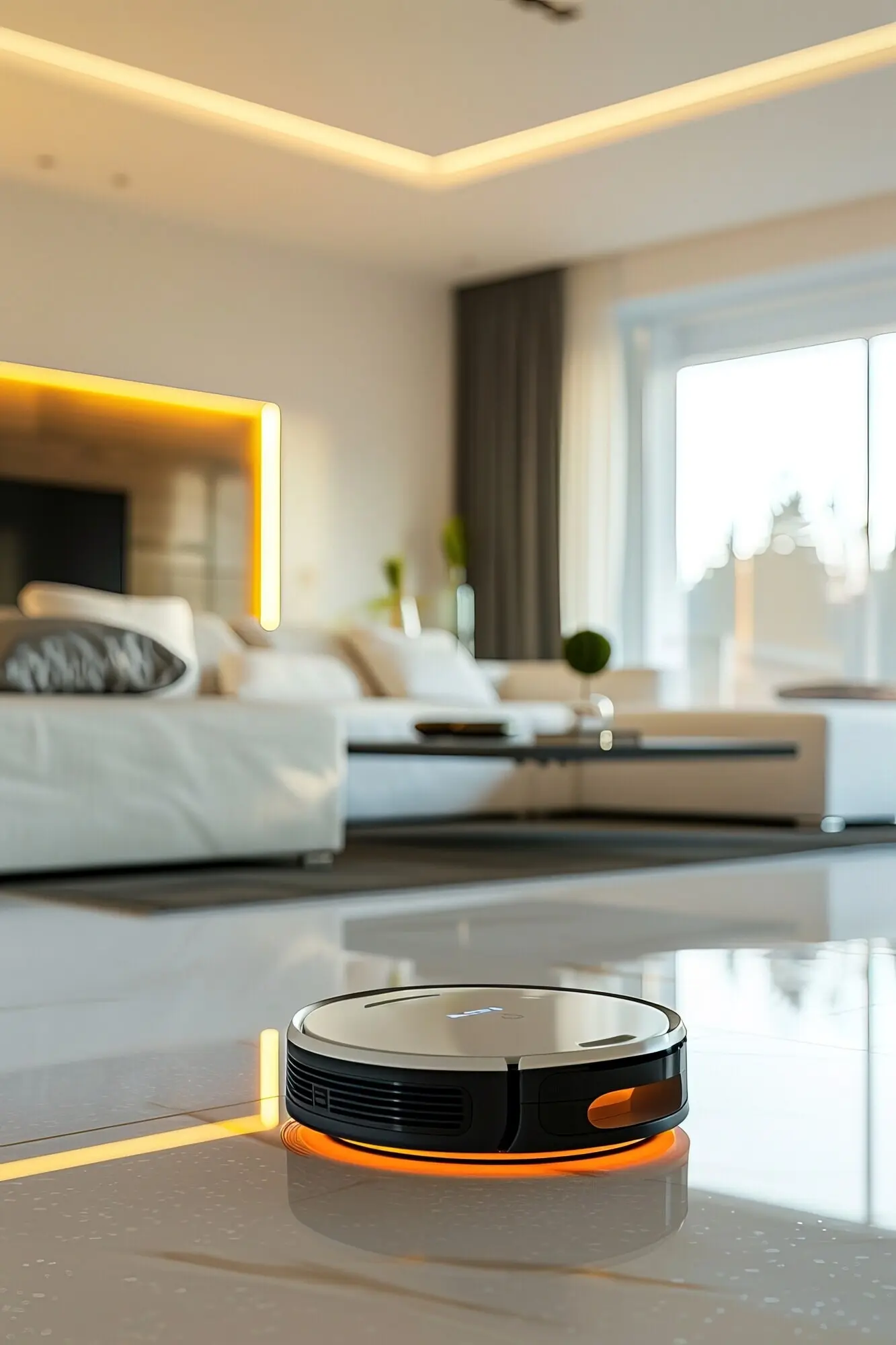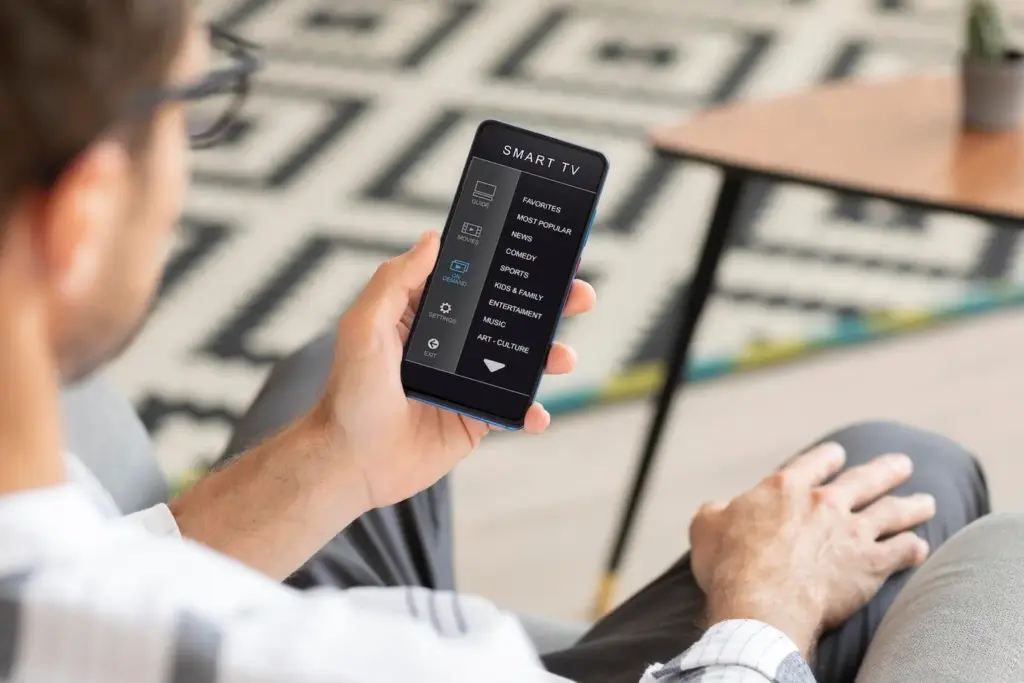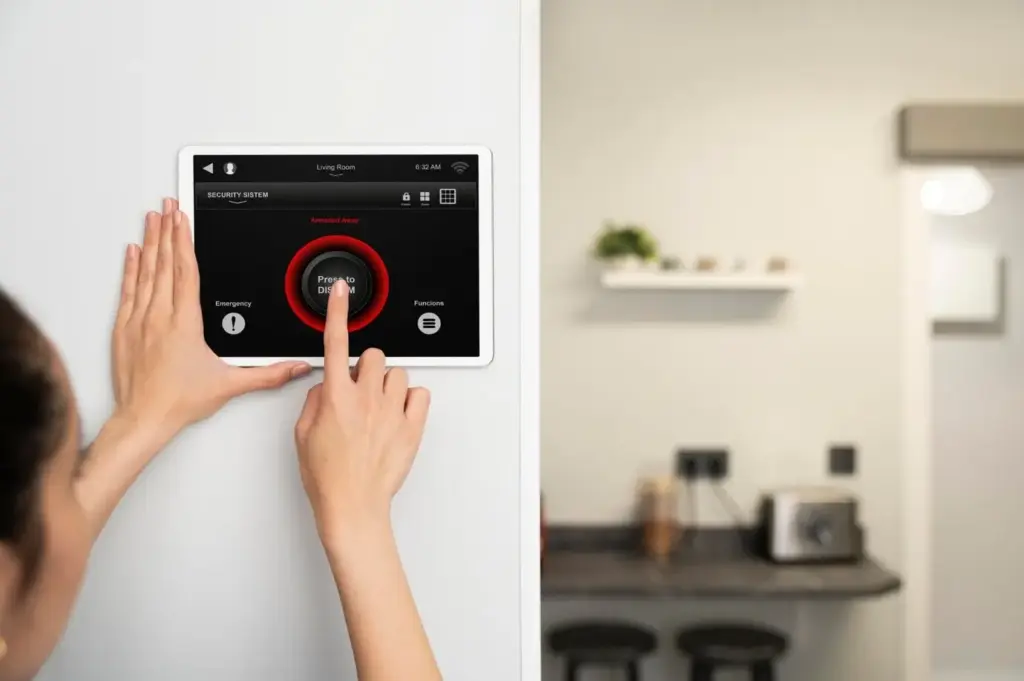Guarding the Connected Home, Without Losing Convenience
Know Your Adversaries and Weak Spots
Strong Identity for People and Devices
Human authentication that feels effortless
Enable passkeys or a password manager for long, unique secrets. Add multifactor methods that suit daily life, like platform authenticators or physical keys for administrators. Configure voice profiles or PIN confirmations for sensitive actions, so convenience remains, yet high-impact commands never execute based solely on a casual word or stolen cookie.
Device identity rooted in hardware and certificates
Prefer devices that use unique, non-reusable keys, secure boot, and certificate-based onboarding. Standards like Matter streamline authenticated commissioning and encrypted communication. Avoid products that share default keys or require broad local trust. If a device cannot prove itself cryptographically, limit its reach or replace it with something built for secure operation.
Least privilege roles for family and guests
Create separate profiles for adults, kids, and visitors with explicit permissions. Guests can control lights and media, but not unlock doors or view camera history. Establish temporary access windows, revoke them automatically, and log sensitive actions. This minimizes accidental mischief, deters abuse, and keeps shared living easy, safe, and transparent.
Segment the Network and Choose Safer Protocols

Practical segmentation you can actually maintain
Secure connectivity without risky shortcuts
Cloud integrations with clear, tight boundaries
Design Automations for Privacy from the Start
Data minimization that still delivers magic
Replace continuous recording with event-based triggers. Use on-device presence detection instead of constant GPS tracking. Summarize instead of storing raw streams. If automation quality remains high with less data, stop collecting the rest. Fewer bytes reduce risk, simplify compliance, and protect relationships built on comfort, trust, and predictable behavior.
Consent and clarity for every occupant
Post clear notices near cameras, explain what microphones hear, and provide easy buttons or schedules that disable sensitive devices. Offer dashboards that show what was captured and why. When people understand and control what happens, they cooperate more readily, report issues early, and champion the system instead of trying to bypass it.

Updates, Vulnerabilities, and Vendor Accountability
Monitoring, Response, and Everyday Resilience
{{SECTION_SUBTITLE}}

Signals that matter, noise that doesn’t

Simple response playbooks anyone can follow
All Rights Reserved.